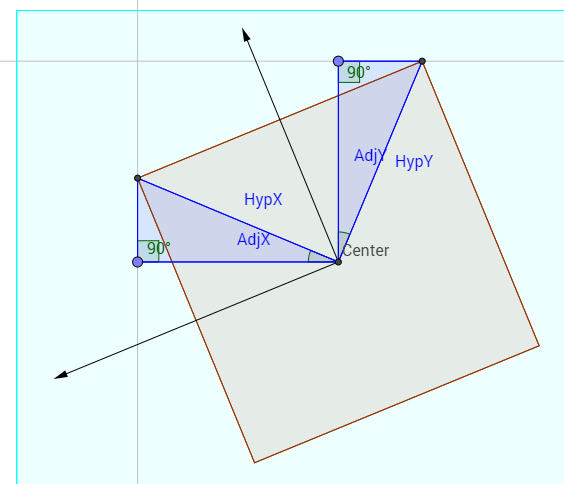My revision plan has been … untenable. I had hoped to start with a practice of the entire exam, find my weak spots and get a sense of time, and slowly work away at those, then do another full practice of the entire exam maybe a week before the actual exam time. I liked this plan because the weak spots identified this way would be exactly the types of questions to show up in the exam, as the exam questions seem to (mostly) follow similar types of question year after year. The practice exam before the real exam would hopefully work as a confidence builder going in, or at least a road map of where to start cramming in the last week.
Unfortunately, this plan requires two uninterrupted blocks of three hours several weeks apart. I can’t seem to get any block of time that large while working full time, caring for little ones, and other responsibilities. I’ve been so good with time management for studying over the last two years that it’s completely escaped my attention that I normally handle small day-to-day home life responsibilities a few times an hour between blocks of concentration.
So instead, I’ve been revising … everything. All twelve units. I got through the last one a couple of nights ago. I’ve been tracking my progress using MST-124’s Revision Quiz. This is a quiz with just 12 questions, one random one from each unit. I’d have thought that this structure would make it very uneven for a battery quiz, but it proved to be quite effective. No matter how many times I took it prior to revising, it took me one hour (with a variance of 7 minutes).
After three weeks of revision, it’s down to under 25 minutes. I’m pretty sure that’s as fast as I’ll be able to get, so the rest of revision will be all about accuracy. It’s a shame my revision time is nearly half up already. Most students are starting their revision period today, though (as our final TMA was due last night), so I’ve given myself a large advantage.
More good news comes in the form of realising how much I actually have to remember. A pass is 40% and the exam is made up of multiple-choice questions with five possible answers each. If x is the percentage of the exam I can remember from revision, then assuming I get 1/5 of the remaining answers correct from the things I don’t remember, then in order to pass, I need
x + 0.2(100 – x) ≥ 40
x + 20 – 0.2x ≥ 40
0.8x ≥ 20
x ≥ 25.
So if I remember 25% of the material covered by the exam, and I get 1/5 of the remaining 75% (or 15% of the total) questions due to probability, that should combine to see me through to the 40% needed to pass. Although making assumptions based on probability isn’t wise, at least I know my basic algebra is sufficient.
